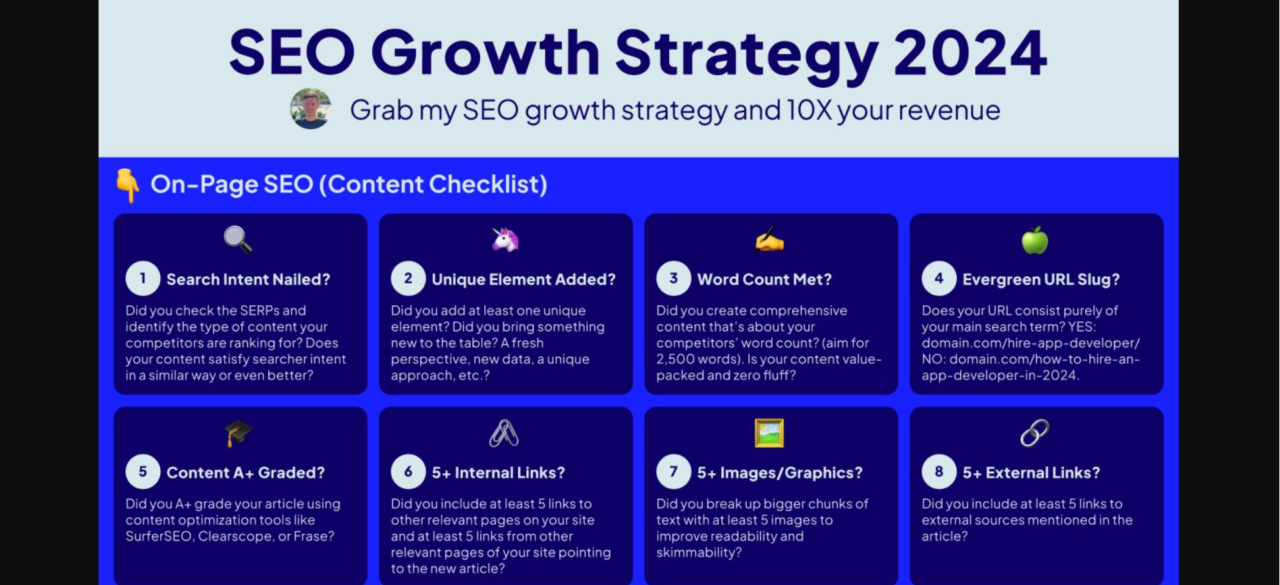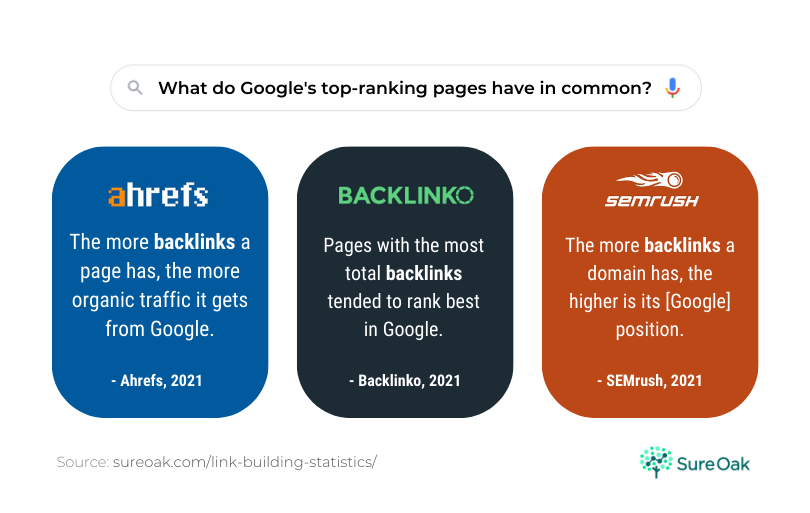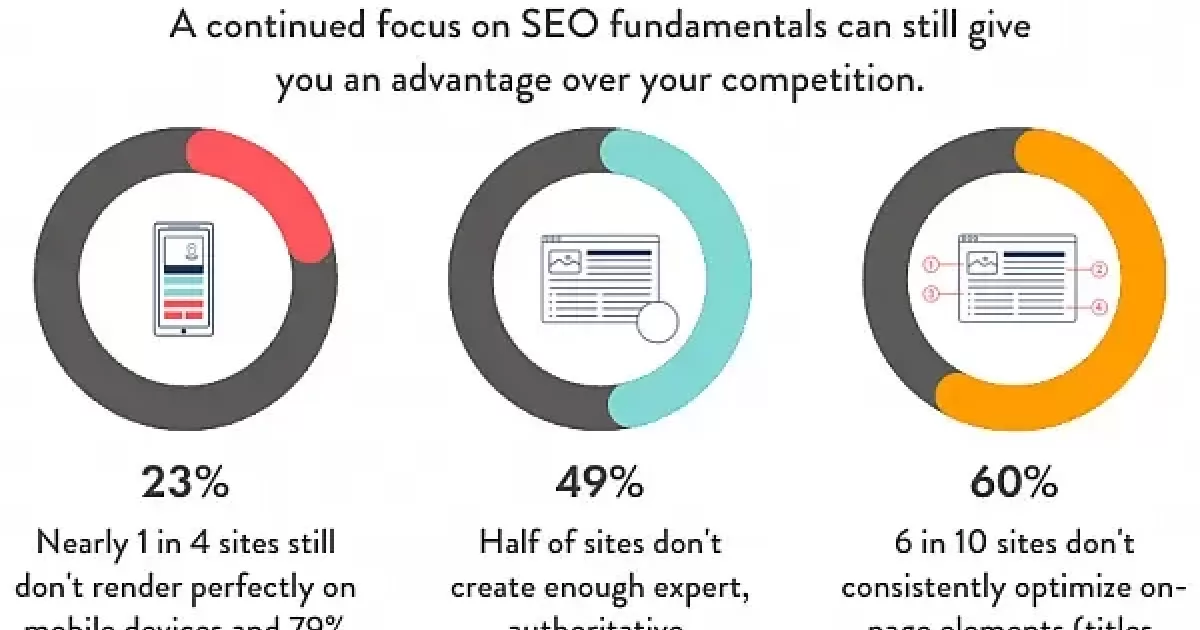Uncover the secrets of external links and their power on SEO rankings. Learn effective strategies to boost your website’s visibility.

Image courtesy of via DALL-E 3
Table of Contents
- Introduction to External Links
- How External Links Help with SEO
- Types of External Links
- Strategies to Get External Links
- Best Practices for Managing External Links
- Common Mistakes to Avoid
- Measuring the Success of External Links
- Case Studies of Successful External Link Campaigns
- Conclusion
- Frequently Asked Questions (FAQs)
Introduction to External Links
External links play a vital role in the world of Search Engine Optimization (SEO). But what exactly are external links and why are they so important for websites? In this section, we will delve into the basics of external links and how search engines like Google use them to determine the credibility and relevance of a website.
What Are External Links?
External links, also known as outbound links, are links on a website that direct users to another site. Think of them as virtual pathways that connect one webpage to another on the vast landscape of the internet. When you click on an external link, you are taken to a different website altogether.
Why Are External Links Important?
Search engines like Google view external links as a vote of confidence from one site to another. When a website links to another, it signals to search engines that the linked site is credible and trustworthy. In essence, external links act as recommendations or referrals in the vast sea of websites.
How External Links Help with SEO
External links play a crucial role in improving a website’s search engine ranking. When other websites link to your site, search engines like Google view it as a vote of confidence. In essence, external links act as recommendations from one website to another, signaling to search engines that your content is valuable and trustworthy.
Improving Search Engine Ranking
Search engines use complex algorithms to determine the relevance and credibility of websites. One of the key factors they consider is the number and quality of external links pointing to a site. Websites with a higher number of quality external links are likely to rank higher in search results compared to those with fewer or low-quality links.
Understanding Link Authority
Link authority refers to the credibility and trustworthiness of a website. Websites with a high level of link authority are seen as more reputable by search engines. By acquiring external links from authoritative sites within your industry, you can boost your own website’s link authority and improve your chances of ranking higher in search results.
What is Link Juice?
Link juice is a term used to describe the value or equity passed from one website to another through external links. When a reputable website links to your site, some of its authority is transferred to your site, boosting your credibility in the eyes of search engines. This flow of authority through external links helps improve your website’s SEO performance.
Types of External Links
Natural links are links that occur organically, without any intentional effort from the website owner. These links are usually created when other websites find your content valuable and decide to link to it. For example, if a popular blog shares your article because they found it informative, that would be considered a natural link.

Image courtesy of www.linkedin.com via Google Images
Manual Links
Manual links are links that are intentionally created by website owners or webmasters. These links are typically placed within the content of a website or in a specific section dedicated to resources or recommendations. For instance, if you reach out to another website and ask them to link to your site in one of their articles, that would be a manual link.
Self-Created Links
Self-created links are links that website owners create themselves. These can include links in comments on other websites, forum signatures, or social media profiles. While these links can be easy to create, search engines like Google may not give them as much weight in terms of SEO value compared to natural or manual links.
Strategies to Get External Links
One of the best ways to attract external links to your website is by creating high-quality, engaging content that other websites will want to link to. When you publish valuable and informative content, other sites are more likely to reference your work, leading to the accumulation of external links.
Guest Blogging
Guest blogging is another effective strategy for acquiring external links. By writing articles for other websites in your niche, you not only showcase your expertise but also have the opportunity to include a link back to your own site. This not only drives traffic to your website but also enhances your site’s SEO through external links.
Link Outreach
Link outreach involves reaching out to other website owners or bloggers and requesting them to link to your content. This proactive approach can be successful in securing external links, particularly from websites with a relevant audience. By building relationships with other site owners, you increase the likelihood of getting valuable external links.
Best Practices for Managing External Links
When it comes to managing external links on your website, there are some best practices to keep in mind to ensure the health and effectiveness of your link profile. By following these practices, you can maintain a strong online presence and improve your site’s SEO performance.

Image courtesy of www.thehoth.com via Google Images
Regular Monitoring
Regularly monitoring your external links is essential to ensure they are still active and relevant. Set aside time on a consistent basis to check the status of your links and make necessary updates. This proactive approach can help you catch any broken links early and prevent negative impacts on your site’s SEO.
Fixing Broken Links
Broken links can harm your website’s user experience and SEO ranking. When you identify broken external links, take prompt action to either fix them or remove them. Consider setting up automatic alerts or using tools to help you detect broken links quickly and efficiently.
Diversifying Link Sources
It’s important to diversify your link sources to avoid over-reliance on a single type of link. Seek to obtain links from a variety of reputable websites and domains to build a strong and natural link profile. By diversifying your link sources, you can improve your site’s credibility and authority in the eyes of search engines.
Common Mistakes to Avoid
Spammy links are links that are considered low-quality and irrelevant to the content they are placed in. These links can harm your website’s reputation and negatively impact your SEO efforts. It’s important to steer clear of spammy links by ensuring that all the external links on your website are from reputable sources and are relevant to your content.
Steering Clear of Link Farms
Link farms are groups of websites that artificially create links to each other in order to manipulate search engine rankings. These links are considered spammy and can lead to penalties from search engines. To avoid being associated with link farms, it’s essential to focus on building natural and organic links from trustworthy websites that are relevant to your niche.
Rejecting Low-Quality Links
Low-quality links come from websites with low Domain Authority (DA) or poor reputations. These links can harm your website’s SEO efforts and cause your site to be penalized by search engines. To maintain a high-quality link profile, it’s crucial to reject low-quality links and focus on acquiring links from authoritative and reputable websites.
Measuring the Success of External Links
When it comes to optimizing your website for search engines, understanding the impact of external links is crucial. But how do you know if your external link strategy is working effectively? Let’s explore some ways to measure the success of your external links.

Image courtesy of sureoak.com via Google Images
Using SEO Tools
One way to measure the success of your external links is by using SEO tools like Google Analytics. These tools can provide valuable insights into the performance of your links, including how many clicks they generate and the amount of traffic they drive to your website.
Understanding Link Metrics
Link metrics such as Domain Authority (DA) and Page Authority (PA) can also help you gauge the effectiveness of your external links. These metrics indicate the quality and credibility of the websites linking back to you, which in turn can impact your own website’s ranking.
Analyzing Traffic
Another way to measure the success of your external links is by analyzing the traffic they bring to your website. By tracking the visitors who come to your site through external links, you can see which links are driving the most traffic and assess their impact on your overall SEO performance.
By utilizing these methods to measure the success of your external links, you can fine-tune your link-building strategy and continue to improve your website’s SEO performance.
Case Studies of Successful External Link Campaigns
Let’s take a look at how Brand A utilized external links to boost their website ranking. Brand A, a popular clothing company, focused on creating valuable content that other websites wanted to link to. By producing engaging blog posts and informative articles about fashion trends, they naturally attracted external links from fashion bloggers and industry publications.
Case Study 2: Brand B
Brand B, a tech startup, took a proactive approach to acquiring high-quality external links. They implemented a guest blogging strategy, where they contributed relevant and insightful articles to authoritative tech websites. This not only helped them secure valuable backlinks but also positioned them as thought leaders in their industry.
Conclusion
In this blog post, we have explored the world of external links and their significant impact on SEO. By understanding what external links are and how search engines like Google use them to rank websites, we have uncovered the crucial role these links play in enhancing a website’s visibility in search results.

Image courtesy of www.workshopdigital.com via Google Images
Key Takeaways
External links serve as pathways from one website to another, guiding users and search engines to valuable content across the web. They contribute to a website’s authority and credibility, ultimately influencing its search engine ranking. By acquiring natural, manual, or self-created links, website owners can strategically boost their online presence.
Benefits of External Links for SEO
By incorporating a robust external linking strategy, websites can attract more traffic, increase their visibility, and ultimately improve their overall SEO performance. High-quality external links act as endorsements from other websites, signaling to search engines that a site is reputable and worthy of higher rankings.
Remember, when it comes to external links, quality trumps quantity. Focus on creating engaging content, utilizing guest blogging opportunities, and engaging in link outreach to cultivate a diverse and authoritative backlink profile.
Want to turn these SEO insights into real results? Seorocket is an all-in-one AI SEO solution that uses the power of AI to analyze your competition and craft high-ranking content.
Seorocket offers a suite of powerful tools, including a Keyword Researcher to find the most profitable keywords, an AI Writer to generate unique and Google-friendly content, and an Automatic Publisher to schedule and publish your content directly to your website. Plus, you’ll get real-time performance tracking so you can see exactly what’s working and make adjustments as needed.
Stop just reading about SEO – take action with Seorocket and skyrocket your search rankings today. Sign up for a free trial and see the difference Seorocket can make for your website!
Frequently Asked Questions (FAQs)
What Makes a Good External Link?
An external link is considered good when it comes from a reputable and relevant website. This means that the website linking to yours should have a strong authority in its industry and the content should be related to yours. Additionally, a good external link should be natural and not manipulated or paid for. Search engines like Google value these types of links because they indicate genuine endorsements of your website.
How Can I Get Quality External Links?
Getting quality external links can be achieved through various strategies. One effective method is creating high-quality and engaging content on your website that other websites would want to link to. Another approach is guest blogging, where you write articles for other websites in exchange for a backlink to your site. Additionally, reaching out to other website owners and building relationships can also lead to opportunities for external links. It’s important to focus on building relationships and providing value to other websites to naturally attract quality external links.







